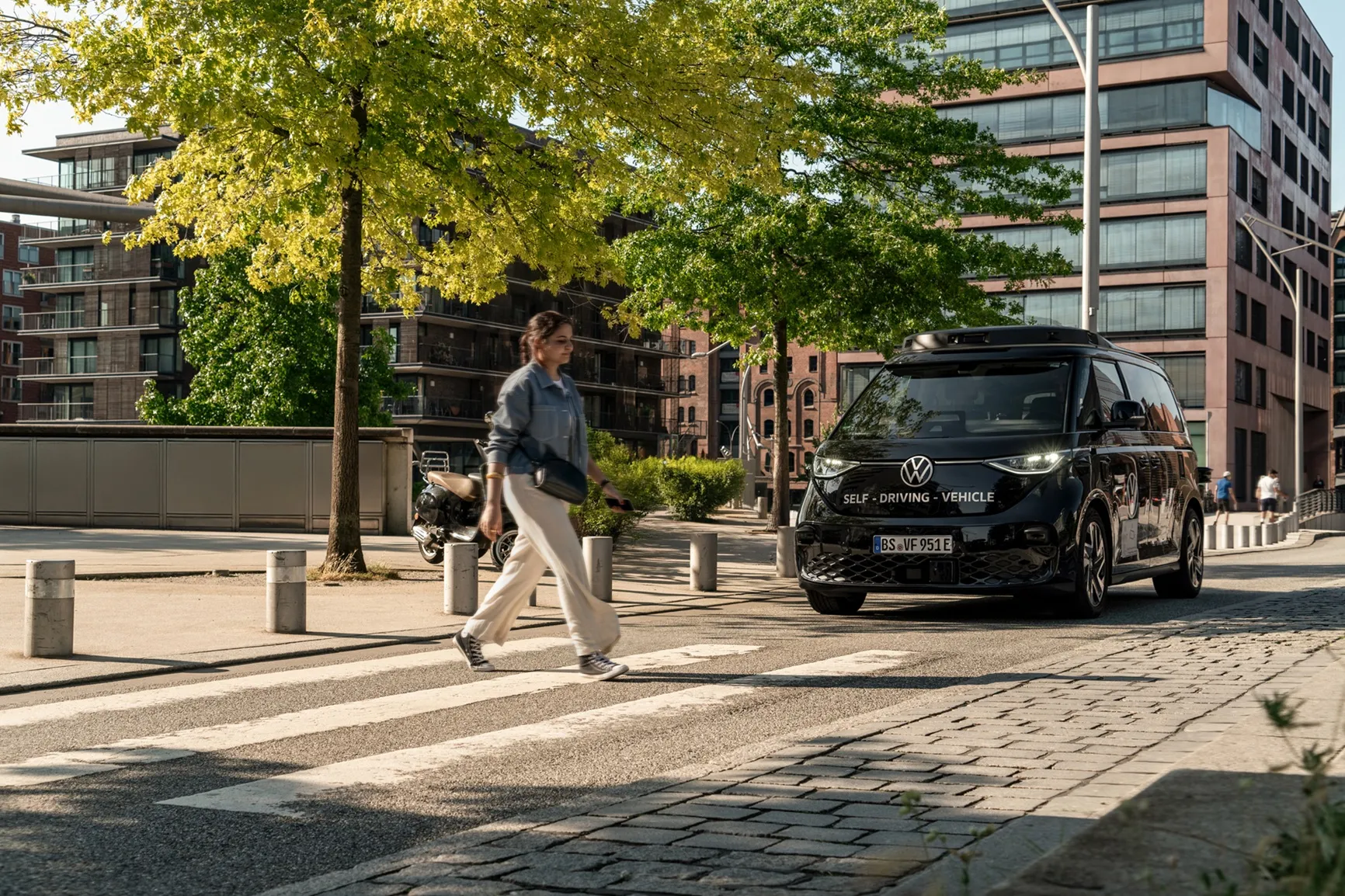Volkswagen will cut investment plans at its biggest division by US$1.1 billion a year and step up development of electric vehicles (EV), as it battles to cope with the fallout from its cheating of diesel emissions tests, according to Reuters.
The German company also said it would speed up cost cutting at the VW division, its largest by revenues, and put only the latest and ‘best environmental technology’ in diesel vehicles.
October 16, 2015
Read time: 2 mins
The German company also said it would speed up cost cutting at the VW division, its largest by revenues, and put only the latest and ‘best environmental technology’ in diesel vehicles.
It plans to develop a multi-brand MEB electric toolkit for future use in compact segment vehicles suitable for both passenger cars and light commercial vehicles. The next generation Volkswagen Phaeton will feature a pure electric drive with long-distance capability, connectivity and next-generation assistance systems.
Europe's largest carmaker is battling the biggest business crisis in its 78-year history after admitting last month it installed software in diesel vehicles to deceive US regulators about the true level of their toxic emissions.
The scandal has wiped about a quarter off its market value, forced out its long-time chief executive and rocked both the global car industry and the German economy.
Germany's ZEW think tank said its economic sentiment index had plummeted to its lowest level in a year, in part because of the uncertainty surrounding the auto industry, which employs more than 750,000 people in the country and is a major source of export income.
Economy Minister Sigmar Gabriel said he did not think Volkswagen's problems would do lasting damage to Europe's largest economy, however.
Some analysts said a strategy more focused on electric vehicles and hybrids could eventually help sow the seeds of recovery for Volkswagen.
"There is a real chance for VW to even extract something positive from the diesel fiasco," Stefan Bratzel, head of the Center of Automotive Management think-tank near Cologne told Reuters."Funnelling more resources into electric mobility gives them a credible future perspective to try to overcome this crisis."
Volkswagen CEO Dr Herbert Diess underscored: “The Volkswagen brand is repositioning itself for the future. We are becoming more efficient, we are giving our product range and our core technologies a new focus, and we are creating room for forward-looking technologies by speeding up the efficiency program.”










